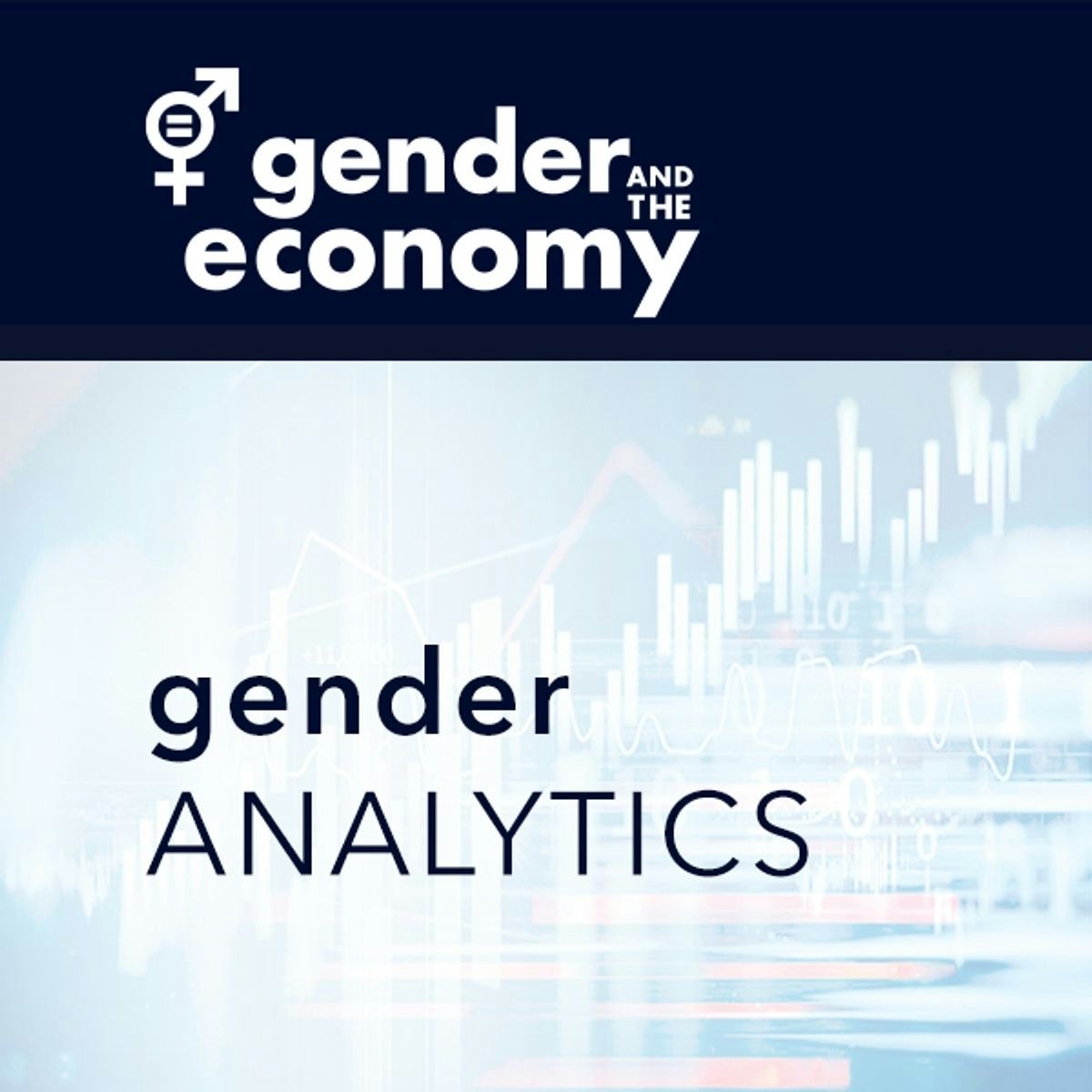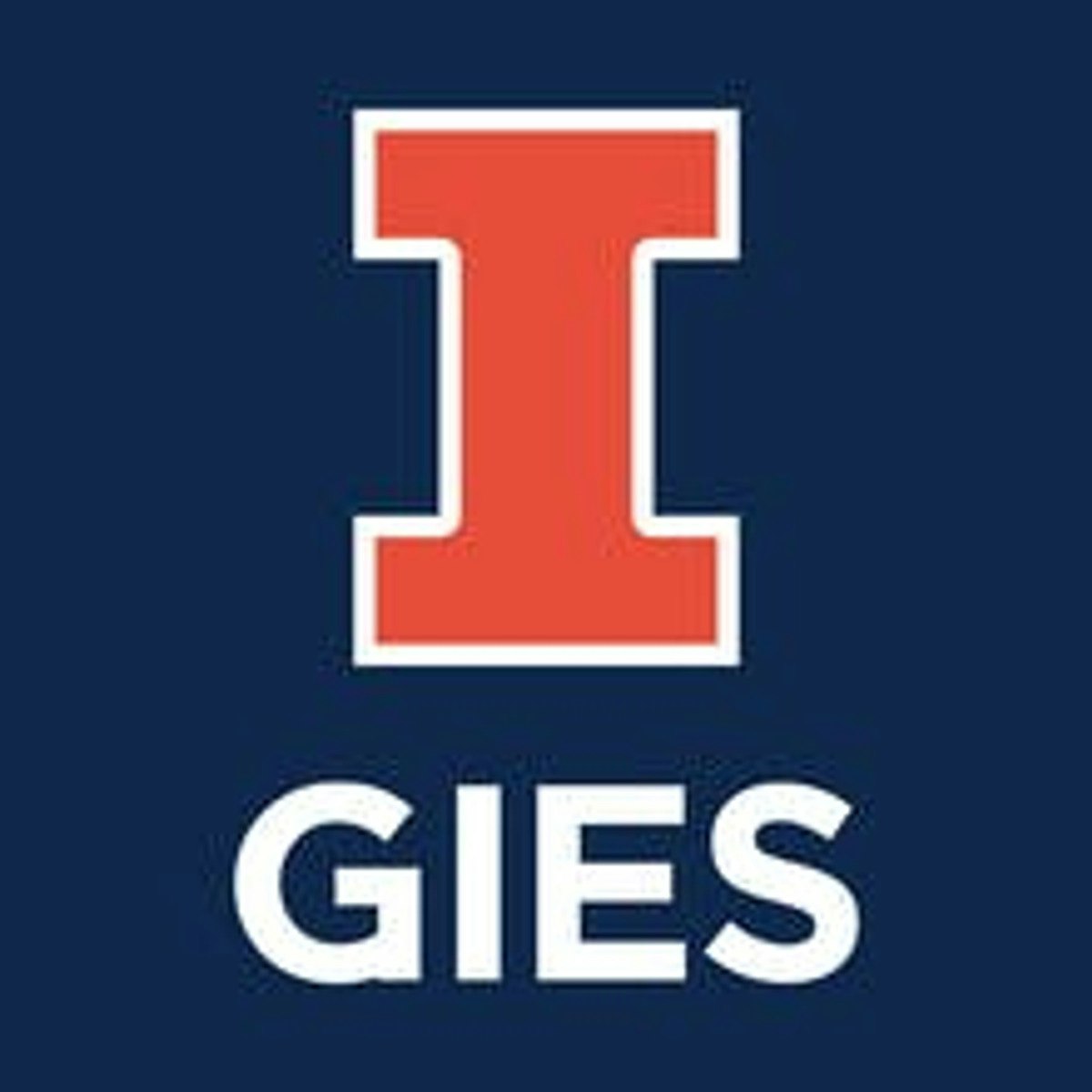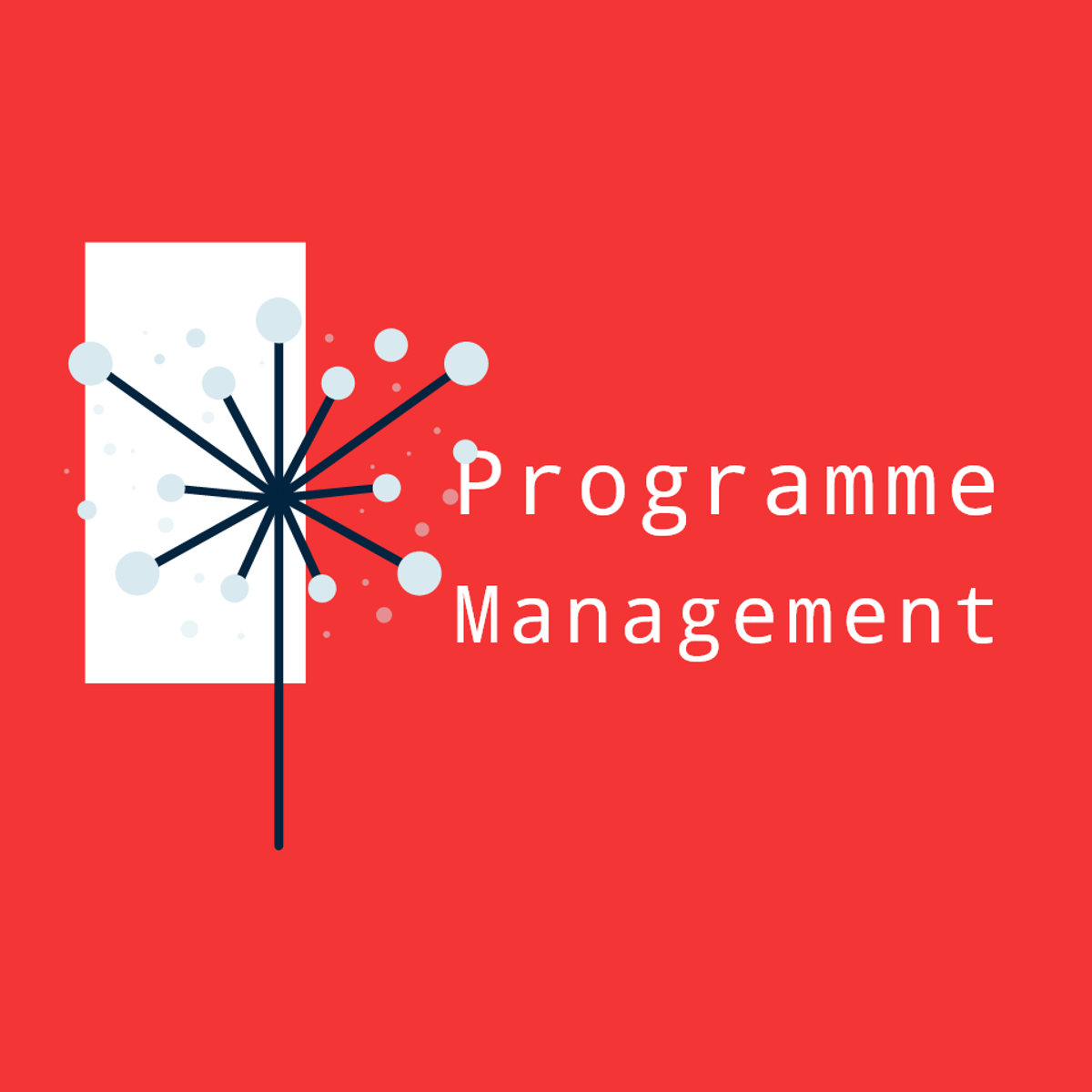Back to Courses









Business Strategy Courses - Page 22
Showing results 211-220 of 543

Gender Analytics Capstone Project
It’s time to use your Gender Analytics skills to tackle a real-world challenge in your capstone project.
In the final course in the Gender Analytics Specialization offered by the Institute for Gender and the Economy (GATE) at the University of Toronto's Rotman School of Management, you will practice your Gender Analytics skills in an applied learning project that will take you through the entire process for using gender-based insights to generate innovative solutions. You will be expected to think about the problem using an intersectional gender lens, explore both quantitative and qualitative data, apply human-centered design methodologies to developing prototypes, and plan for roll out in an organization, market or community. This activity provides a hands-on learning opportunity to practice critical skills for Gender Analytics.

Reshaping Consumer Search
In this course, you will focus on reshaping digital consumer search. In particular, you will gain an understanding of digital marketing strategy planning and development.
By the end of this course, you will have developed your understanding of key topics such as; the
importance of a digital marketing strategy, the effects of digital disruptors, SWOT analysis in digital marketing, segmentation, targeting and positioning as well as the role of the marketing mix in digital marketing strategy.
Throughout the course, you will be prompted to consider how the topics relate to a company or brand of your choosing. You will be asked to analyse how successfully the company has implemented these topics and identify areas that can be improved.
You will have the opportunity to apply your knowledge by creating your own digital marketing strategy plan in the end-of-course assignment.
Completing this course will count towards your learning in the Digital Consumer Search and Marketing Specialization.

Sustainable Business: Big Issues, Big Changes
This is class 3 in the MOOC specialization, Become a Sustainable Business Change Agent.
This class looks at the big issues companies are fixing - climate change, water, worker satisfaction and supply chain issues.
You will learn tools to help your company address these issues intelligently.
The class ends with an assignment to set a science-based carbon reduction target for a small company. Tis is absolutely cutting edge material. Only about 300 companies in the whole world are doing this as of July 2017. You could put your company in the elite group!
With the knowledge and tools you have acquired from the 3 classes in this specialization you are well on your way to making a difference in your company, and making the future brighter for everyone.
Thank you for being part of this program!

Business Implications of AI: A Nano-course
In the Business Implications of AI: A Nano-course, you will learn what Artificial Intelligence is, from a business leader's point of view.
All the below questions will be answered during the course:
* How shall we, as leaders, understand it from a corporate strategy point of view?
* What is it and how can it be used?
* What are the crucial strategic decisions we have to make, and how to make them?
* What consequences can we expect if we decide on doing AI projects and what kind of competencies do we need?
* Where shall we start, and what could be a good second as well as a third step?
* What implications for the organization can we expect?

Forecasting Financial Statements & Valuation for Accountants
The objective of this course is to provide you with the knowledge and skills necessary to analyze, interpret, understand and use financial information to make informed decisions. We will discuss financial reporting from a user’s perspective, use a variety of tools to break apart financial reports into meaningful units for analysis, forecast financial statements, and value a firm. This course is intended to give you exposure to the issues facing users of financial statements. You will better understand your role in the financial reporting process if you know how the financial statements will ultimately be used.
Beyond the Financials: Insights, Analysis and Valuations will require you to think critically about issues for which there can be more than one “correct” answer. Hence, your analysis and conclusions must be based on sound assumptions and well-constructed analysis and arguments.

Design Brainstorming diagrams for businesses with Creately
This project allows you to create Brainstorming diagrams with Creately. You will discover Creately, an online platform that helps you build various diagrams. You will understand the different features of the platform and be able to create personalized and professional Brainstorming diagrams for your business.
Operations and Supply Chain Decisions and Metrics
In this course, you will learn about the role of operations and how they are connected to other business functions in manufacturing and service-focused organizations. You will learn and practice the use of decision-making frameworks and techniques applicable at all levels, from management-level strategic decisions such as connecting process to the needs of various customer segments, to front-line tactical decisions such as choosing between ordering larger quantities vs. ordering more frequently.
You will be able to:
• Relate underlying principles to operations management frameworks and techniques
• Synthesize information to make strategic operations decisions
• Evaluate processes on different dimensions
• Apply analytical techniques for tactical operations decision
This course is part of Gies College of Business’ suite of online programs, including the iMBA and iMSM. Learn more about admission into these programs and explore how your Coursera work can be leveraged if accepted into a degree program at https://degrees.giesbusiness.illinois.edu/idegrees/.

Sensing Consumer Insights
In this course, you will focus on measuring the effectiveness of a digital marketing strategy through marketing analytics.
By the end of this course, you will have developed your understanding of key topics such as; owned and earned social media, web analytics, social media landscape analysis, crisis management, product lifecycle and Return on Investment (ROI).
Throughout the course, you will be prompted to consider how the topics relate to a company or brand of your choosing. You will be asked to analyse how successfully the company has implemented these topics and identify areas that can be improved.
You will have the opportunity to apply your knowledge by analysing the effectiveness of a company's digital marketing strategy in the end-of-course assignment.
Completing this course will count towards your learning in the Digital Consumer Search and Marketing Specialization.

Construction Finance
This course expands the knowledge of a construction project manager to include an understanding of economics and the mathematics of money, an essential component of every construction project. Topics covered include the time value of money, the definition and calculation of the types of interest rates, and the importance of Cash Flow Diagrams.
The course covers these topics in three sections. The first section focuses on the foundation of building the mathematics of money, often referred to as value of money. It also highlights the present value techniques and the internal rate of return from a construction manager point of view.
The second section of the course focuses on vertical construction finance and the last part focuses on horizontal construction finance. Under the vertical construction finance, the instructor discusses real estate finance and how that has been done with more in-depth details and gives examples for students to solve with instructions.
The last topic, horizontal finance, is divided into two parts. To begin, the instructor introduces vast details about public private partnership. This module highlights around three case studies about PPP projects, which would be an introduction to project financing in horizontal work. After introducing case studies, the instructor demonstrates the risks associated with construction finance. After that, similar to the previous three courses, the course finishes with emphasizing the importance of construction finance.

Program Management Benefit Transition Sustainment in ClickUp
By the end of this guided project, you will be fluent in creating Program Benefits artefacts for the delivery/ closing Phases for diverse programs. You will utilise a logical diagramming plan in an agile environment to develop the solution. This will enable you to identify and classify the required components for benefits transition and sustainment. Furthermore, it will help develop a structural model for learning about the field of Program Management.
If you are interested in building up the knowledge leading to this guided project, the following is the link to:
[ Developing Programme Management Blueprint with ClickUp]
https://www.coursera.org/projects/program-blueprint
This Guided Project is essential for individuals wanting to learn about the field, or looking to transition into working in Program Management. This guided project is designed to engage and harness your visionary and exploratory abilities. You will use proven models in an agile environment with ClickUp to engage in a hands-on learning experience.
Popular Internships and Jobs by Categories
Browse
© 2024 BoostGrad | All rights reserved


